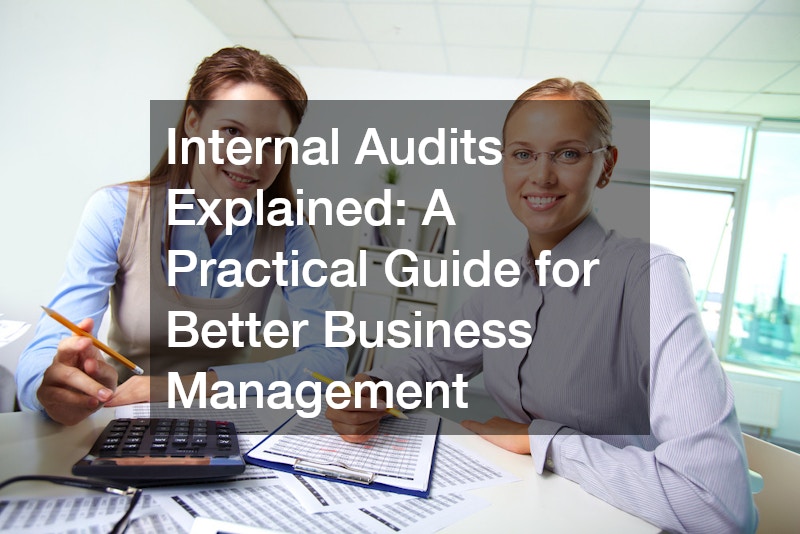Starting a business requires a lot of determination and concentration. You can’t micro-manage everything, except for one thing, your bookkeeping.
Every good business owner knows their personal transactions from business ones. They know how to distinguish them because they don’t mingle with one another. It’s an excellent way to manage your business and escape federal lawsuits. However, if you’re new to the industry, it might take some time to get used to. Here’s what you need to know.
Why Is It Important?
People planning to start a business must know how vital separating personal life from business life is. This is the same for finances.
You don’t want to interchange the two because it’ll give you a ton of headache. Moreover, it makes it a nightmare for you to file your taxes. Remember that you will need to keep track of expenses you make inside your business separated from your personal life. If you join them together, you’re in a world of trouble.
The Life of Taxes

The Internal Revenue Service (IRS) doesn’t like it if you do this because it’s against the law. Business expenses are deductible, so if you actively mix your personal expenses with business costs to get some tax deductibles, you can lose your business. But what if you don’t know that this is the case?
Well, in some situations, they’ll let you go with a slap on the wrist. Usually, this happens for small and startup companies with owners doing their bookkeeping. They’ll likely send you to a seminar so that you’ll know better next time. However, if they find out that you’re feigning your ignorance, you’ll be sent to court and be sentenced to prison for upwards of ten years.
This is the prime reason you shouldn’t mix your business and personal finances. However, this isn’t the only reason why. Another major reason why you shouldn’t do this is because of financial transparency for the sake of loans.
Financial Transparency
During your startup, it might be important for you to personally guarantee certain loans. One example is visiting your local mortgage lender to refinance your mortgage and allocate cash for your business. This is common when you’re in dire need of funds for your startup. But once your business gets going, you’ll have to stop doing this.
The more you personally guarantee business loans, the more you start to confuse your gains. You begin to forget your personal and business assets, and by the end of the day, you could quickly lose all of them. Financial transparency is crucial in times of bankruptcy, and if you can’t separate your personal and business finances, you’re likely to lose everything.
These are the two main reasons you should never commingle your business and personal finances. But what are some tips so you can separate them from each other?
Have a Business Checking Account
Checking accounts are used in everyday business transactions, and you can’t start a business without having one.
Many small business owners and part-time owners tend to use their business accounts for their business transactions. If you’re one of these people, you should immediately stop. This mixes your business and personal transactions, and no amount of labeling can help you differentiate them from one another. Instead, create a business checking account and put your estimated business budget in it.
Put Personal Income Into Your Savings Account
Let’s say that it’s the end of the year, and you’ve finally gotten your annual net income. Where should you put it? Experts suggest putting about 10% of it into your individual retirement account (IRA). It has a maximum limit of $6,000 per contribution if you’re less than 50 years old, so you don’t have to put all your income into it. Another 30% to 50% should go to your high-yield savings account.
Whatever remains should be invested back into your business. These should be the only funds that go into your business checking account. This will help you identify which are your investments and which are your savings.
Find Mixed Transactions
Let’s say that you’ve gotten yourself in a bad position because you’ve been mingling your transactions for quite some time now. It’s going to take some time, but you can avoid the IRS’s wrath by doing these tips:
Concentrate on Red Flags
The IRS usually concentrates on certain transactions that might mingle with your business transactions. This includes travel expenses, groceries, rent, car payments, and anything labeled as miscellaneous will catch the eyes of the IRS, so make sure to check those first.
Review Receipts
If you’re not keeping receipts, then it’s time that you do right now. Always keep receipts for every business purchase you’ve made, including meals. This will help you identify business transactions from personal ones.
Hire a Bookkeeper
You should hire a bookkeeper if you’re struggling to separate personal from business transactions. Some of them can be part-time hires since you only need them by the end of the month.
Final Thoughts
So now that you know all of these things, it’s time that you start separating your business transactions from personal ones. It’ll make your life easier while also avoiding the IRS’ wrath.





